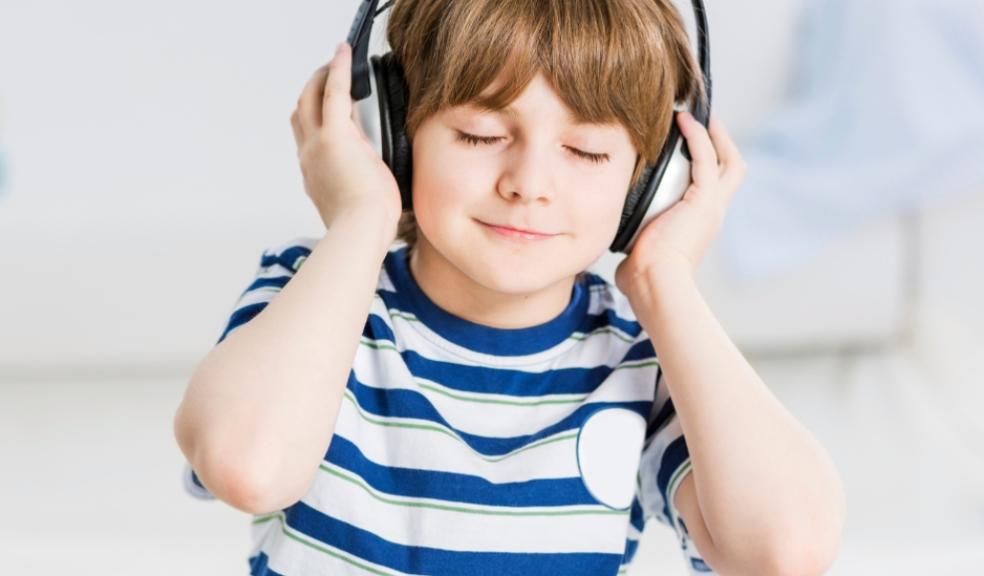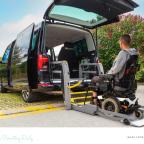
What You Need To Know As Parents When Travelling With A Child Who Has Autism
With autism affecting approximately 1 in 100 children worldwide, it's crucial for parents to be well-prepared when embarking on travel adventures with their autistic child. From sensory sensitivities to routine disruptions, the unfamiliarity of travel can present unique challenges for children with autism.
Mark Blakey, a writer from Autism Parenting Magazine, offers his expertise on appropriate strategies parents can use while travelling with their autistic children for a more enjoyable travel experience.
The Challenges You May Face
Mark explains, ‘Children with autism may encounter unique challenges and sensory issues while travelling, such as difficulty with transitions, unfamiliar environments, and sensory overload. Changes in routine and surroundings can lead to heightened anxiety and stress, impacting their ability to cope with new experiences.’
Sensory sensitivities to sights, sounds, smells, and textures further compound these challenges, requiring parents to anticipate and address their child's specific needs with patience and understanding throughout the journey.
Pre-Trip Preparation Tips
Research Autism-Friendly Destinations
Look for destinations that offer autism-friendly attractions, accommodations, and activities. Many theme parks, museums, and tourist sites provide resources and accommodations for individuals with autism, such as quiet rooms, sensory-friendly exhibits, and special assistance programs.
Contact Local Resources
Mark says, ‘Reach out to local autism organisations, support groups, or advocacy groups at your destination for recommendations and assistance. They can provide valuable insights and resources to help you plan a successful and enjoyable trip for your child with autism.’
Consider Transportation Options
Research transportation options that offer accommodations for individuals with autism, such as airlines with autism-friendly policies or special assistance programs. Request early boarding, seat assignments, or quiet accommodations to minimise stress and ensure a smoother travel experience. Explore alternative modes of transportation, such as train or car travel, that may be more comfortable and flexible for your child.
Plan Sensory-Friendly Outings
Mark says, ‘Look for sensory-friendly outings and activities that cater to individuals with autism, such as sensory-friendly movie screenings, play centres, or recreational facilities. These venues often provide accommodations such as reduced lighting, quiet areas, and sensory-friendly amenities to support individuals with autism.’
In-Transit Strategies
Create A Visual Schedule
Develop a visual schedule or itinerary outlining the trip's activities and transitions to help your child understand what to expect. Include pictures or symbols to reinforce comprehension and reduce anxiety about unfamiliar routines.
Pack Comfort Items
Bring along comfort items such as favourite toys, snacks, or sensory tools to provide familiarity and security during travel. Mark adds, ‘Consider including noise-cancelling headphones, weighted blankets, or chewable jewellery to help regulate sensory input and promote relaxation.’
Practice Travel Scenarios
Familiarise your child with travel scenarios by role-playing or taking short practice trips to nearby destinations. This allows them to become accustomed to the process of travelling and helps identify potential triggers or challenges to address beforehand.
Pack Essentials In Your Carry-On
Pack essential items, such as medications, snacks, and sensory tools, in your carry-on bag for easy access during travel. Mark advises, ‘Make sure you have all necessary documentation, including medical records, doctor's notes, and identification cards, to facilitate access to accommodations and services. People tend to forget these crucial items, but they can make a significant difference in ensuring a smooth and stress-free travel experience for individuals with autism.’
Plan For Downtime
Schedule regular breaks and downtime during travel to allow your child to decompress and recharge. Plan quiet activities or visits to sensory-friendly spaces to provide relaxation and sensory regulation opportunities.














